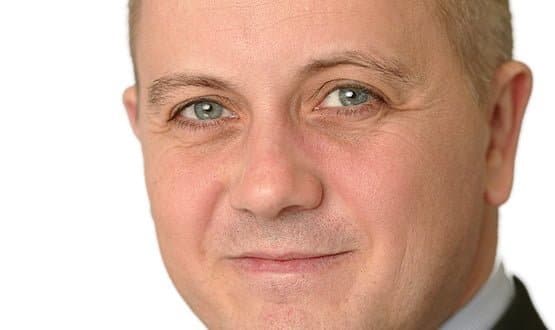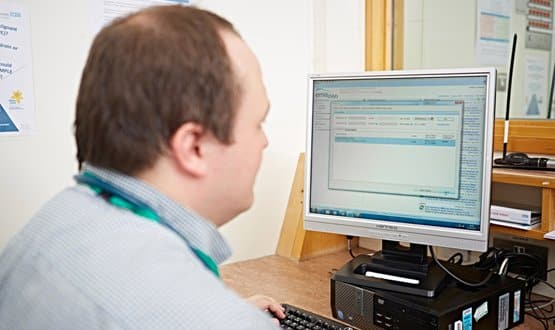Power to the people
- 30 October 2012

I am 84, my wife 83, who I’m slowly losing to dementia. I know the road we are going down will be very difficult but you should hear how it is affecting me.
It is the very little things that I miss. We have been 60 years married, and have made fun, nonsense, and laughed at each other all through that time.
But now she takes everything serious you cannot make a quip any more. Everything is the gospel, you have to bite your tongue before saying anything and it slowly destroys you as well. This is double illness – the patient and carer – and so many people don’t know that.
From Lammie on Patient Opinion – story no 76330
Living alongside someone as they slowly walk into the mists of dementia is hard. As Julia Williams, assistant director at Coventry and Warwick Partnership NHS Trust says in her thoughtful reply to Lammie on the Patient Opinion site: “The illness of one becomes the illness of all involved.”
So it’s worth thinking about how the latest information policies and innovations might help Lammie and his wife.
Possibilities of paperless
Would on-line access to his GP record help? Since Lammie has already told his story on line he is clearly on the right side of the digital divide.
But although access to his own record may help at the margins, it is access to his wife’s GP record that is more likely to transform his life.
Negotiating such access for someone ‘without capacity’ is entirely possible and hopefully being worked into the governance arrangements.
(Along the way it is worth noting that such access may lead to some surprises – “You never told me about that abortion/STD/suicide attempt dear!” – but that’s another story.)
What about going paperless by 2015, as the new national director of patients and information, Tim Kelsey, recently promised?
If we can do it, then Lammie might well be a beneficiary. Fewer lost notes, more coordinated care. He would probably like easier access to making appointments and ordering repeat prescriptions, too.
Tensions in telemedicine
Padding round some conference exhibitions recently it struck me just how vibrant the telemedicine market has become. Every other stand offered a new way to monitor some dimension of some chronic illness in someone’s home.
So what has telemedicine got to offer? Perhaps a nice little box winking in the corner could keep a beady eye on Lammie and his wife, and along the way help his care coordinator to keep costs down. Maybe we could even get his son to pay for it, since he, too, may find it reassuring to know that dad is doing OK.
Telemedicine is clearly a good thing but edges easily into something ‘we’ do to ‘them’; a medicalised version of CCTV. Would Lammie welcome such surveillance? Hard to tell.
If his wife still had her sense of humour, you can imagine them giving the box a name and making jokes about it. But as they walk their difficult road together, who knows whether he would find its winking constancy comforting or oppressive.
The Orwellian tendency buried in telemedicine becomes clearer when compared with similar kit being built by the public themselves.
Stuart Arnott wanted to keep his ill mum in touch with her newly born granddaughter. A deft hack enabled him to display the day’s baby photos from London on a digital photo frame sitting by mum’s bed in Edinburgh for less than £100.
Out of this came Mindings.com, which sells digital photo frame technology to help families keep in touch with relatives who find it difficult to use the web.
You can add text (“Here’s Alice at the zoo yesterday” or “Don’t forget your appointment with the GP today”) and change the photo next to dad’s chair at will from your PC or mobile.
‘Co-production’ is a great idea, but its centre of gravity is often firmly set on the NHS’s side of the conversation – “How can we get you lot to take better care of yourselves (and help us save money)?”
Of course building kit that monitors the population to meet clinician ends is good as far as it goes, but Mindings.com and other start-ups show how the real benefits may come when you begin meeting citizen needs with citizen networks and then add-in what clinicians want.
Holding onto love
Finally a crazy thought strikes me – maybe the relationship between staff and the NHS is more like that between Lammie and his wife than we care to admit.
Just like Lammie, we, too, have been our 60 years married to the NHS. Perhaps it’s nostalgia, but in earlier years the relationship between staff and their work seemed easier.
Now, like Lammie’s wife, the NHS is more demanding – now she takes everything serious, you cannot make a quip any more. Everything is the gospel, you have to bite your tongue before saying anything and it slowly destroys you as well.
Great care depends on great information. It also depends on staff feeling supported and, at some level, loved. Despite important moves towards the first it seems to me we are farther away than ever from the second.
About the author: Paul Hodgkin is chief executive of Patient Opinion, a website on which patients, service users, carers and staff can share their stories of care across the UK. Patient Opinion is a not-for-profit social enterprise based in Sheffield.
Until 2011 Paul also worked as a GP and has published widely including in the BMJ, British Journal of General Practice and the Guardian and the Independent.



